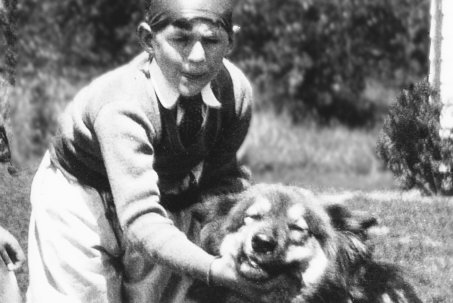“There was an issue in Alabama where dogs were released on non-violent protesters,” nephew John Dowdell explained. “It was the Sixties, and the issue was black voting. Dr. Martin Luther King Jr. called for clergy to join him in a march in Selma. My uncle embraced the invitation with gusto.”
In Tulsa, Father Robert Pickett championed Neighbor for Neighbor, an organization founded by a friend that served the poor.
John’s brother Richard remembered, “In the beginning, they started a dental clinic, which was a big deal in those days, for poor communities to have access to dental work. Later they had a medical clinic, a legal clinic and provided every service they could manage.”
Rather than solicit government funding, Father Pickett helped Neighbor for Neighbor raise money by hosting “Give a Damn Sunday” at LaFortune Park, where he collected money that would keep the organization going.
“The number one mission of his church, Resurrection, was to help the poor by supporting Neighbor for Neighbor,” Richard said.
An early adversary to the war in Vietnam, Pickett was invited with other clergymen to discuss the matter with President Johnson in the White House, a meeting that was broadcast on network television.
“I remember watching the tube with my mother and seeing a lot of men with the President,” John said. “There was my uncle in the front row.”
When plans were devised to build a nuclear power plant in eastern Oklahoma, Pickett joined protesters in opposition to the complex.
“There were frequent demonstrations, and there were occasions when he and some colleagues were taken away,” Richard recalled. “It was a way of getting attention on the issues.”
The plans for the power plant were eventually scrapped, due largely to citizen action.
“He was very, very happy to be a priest,” Richard said. “He never thought of not being a priest. It’s something a lot of people wouldn’t understand, but he really loved what he did.

